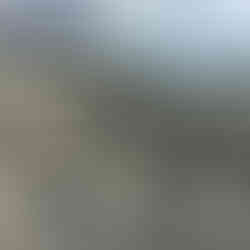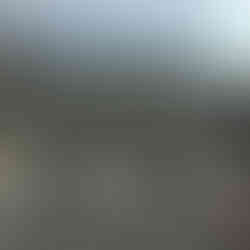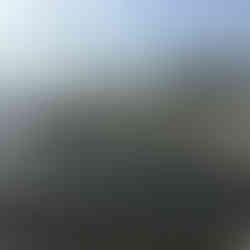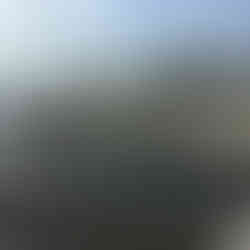The greatest evil and the worst crime is poverty, said a 19th century playwright nicknamed George Bernard Shaw. Poverty not only creates social conflicts, but it also gives rise to environmental problems. This is what we are witnessing in the city of Cap-Haitian right now, my hometown. I have seen protected areas transformed in urban, causing environmental disasters disastrously affecting the biodiversity of this city. Many people leave their rural areas and fled for poverty and arrive in Cap-Haitian (a city in Haiti) to find means of subsistence. Sadly, many of them have no family to welcome them upon their arrival and have forced to build houses near the coasts and on the coasts, destroying the trees to lodge there in the hill of the Cap which was considered as an area protected by the law of March 15, 1947, but today loses this function as a protected area since people destroy it to build houses. So we can say that its function, which was to conserve biodiversity, that is to say the fauna and flora of this environment as well as the habitats of species in this area is now being destroyed. As a consequence of these constructions which do not respect ecological laws, many birds have migrated from the city and some species have even disappeared, even the red heron (Bubulcus ibis) is endangered in this area. When I was a child I was lucky enough to see crows (Corvus corax) flocking in flocks while croaking, but today it is clear that these species are non-existent in this city. I can say that the worst poverty is not in what we lack but in ignorance of the beautiful, the best we have, that we destroy them. Protected areas have ecological and cultural potential, which can develop the economy of a city, particularly with tourism. Unfortunately, the lack of education and misery as an excuse make these people destroyers of this large area in this city.
Photos taken by Jhonnly Jn-Baptiste, 09/26/2020
Moreover, what is more serious in this city is that people throw garbage in the sea, which pollutes it and causes the emigration of fish and other seafood. I interviewed a fisherman, he explained to me that there is a big difference between the amount of species they used to catch and the amount he catches today. Despite all of its problems, there is overfishing for the remaining species. Instead of letting the remaining fish grow for restocking, these fishermen overexploit the sea, which is very negative for the marine biodiversity of this city.
Photos taken by Jhonnly Jn-Baptiste, 09/26/2020
Finally, with the food chain in mind, I can conclude that the biodiversity of this city is in a state of emergency and needs a lot of help. There has to be an environmental education that will sensitize these people to be aware of their bad actions to become eco-citizens, people who give great importance to the preservation of the environment. Eco-responsible people, who have a positive attitude to preserve their environment,. Eco-legislation, ecological laws to protect the protected area of this city as well as these coasts. Eco-justices, for those who do not respect ecological laws and finally eco-penalties, sanctions against those who break ecological laws. Otherwise, the city will be completely ruined in the years to come and the next generation will continue to pay the consequences of the evil deeds of the people living in this area today, which are painfully destroying the biodiversity of this city.

Jhonnly Jn-Baptiste, member of the Haitian Youth Biodiversity Network (HYBN), graduate student in agricultural sciences.














ความคิดเห็น